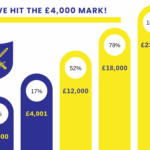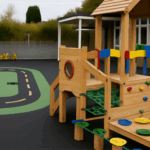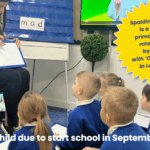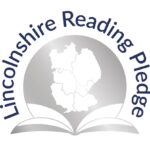Our aim for Early Years
The Early Years Foundation Stage makes a crucial contribution to children’s early development and learning. At Spalding St Paul’s Primary School, we are very excited to offer excellent provision for your child’s learning and development from the age of 3. We understand how critical your child’s first experience of education is, and our committed, experienced and caring staff ensure that your child’s earliest days at Pre-School are rich and fulfilling for your child, right through to their completion of Reception, and moving into Year One.
We provide children across the Early Years with a stimulating, language rich environment and a variety of exciting teaching and learning experiences appropriate to their needs. The Foundation Stage helps your child develop essential skills such as speaking and listening, concentrating, perseverance and co-operating with others through a mix of teaching and child-initiated play. Adults carefully observe your child and see how they can enhance and extend your child’s learning.
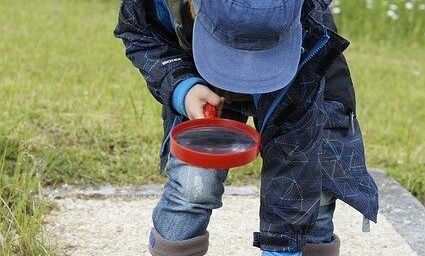
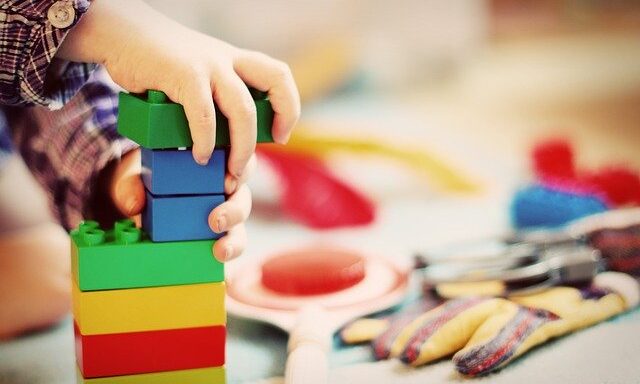
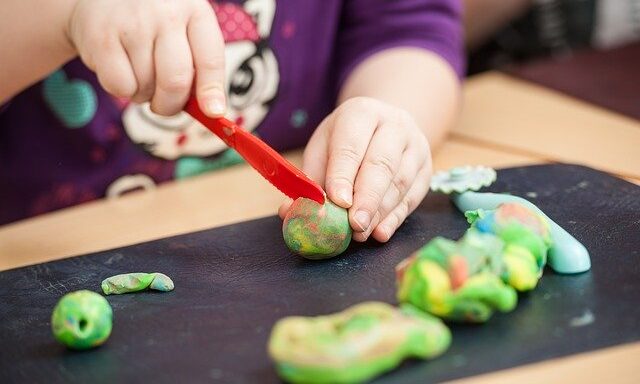
Early Years Foundation Stage Curriculum
During the Early Years, the curriculum is organised into seven areas of learning, referred to as Prime and Specific areas, which are designed to prepare your child for their future learning. All areas of learning and development are important and inter-connected.
The Prime areas of learning are fundamental to supporting development in all other areas of learning. These areas are crucial for igniting children’s curiosity and enthusiasm for learning, and for building their capacity to learn, form relationships and thrive.
The three Prime Areas of Learning are:
– Communication and Language;
– Physical Development; and
– Personal, Social and Emotional Development.
The Specific areas of learning build on the Prime Areas, and include essential skills and knowledge that children will need.
The four Specific areas of learning are:
– Literacy;
– Mathematics;
– Understanding the World; and
– Expressive Arts and Design.
Characteristics of Effective Learning are another crucial part of the Foundation Stage Curriculum. They refer to how children learn, and are skills that prepare a child to become a lifelong learner. Early Years staff consider these carefully when preparing our provision and learning activities. We create a stimulating and enriching learning environment for all children’s differing learning styles and levels, ensuring all children are supported and challenged in their everyday learning experiences and opportunities. We want children to be naturally curious, exploring, questioning, and taking chances in their learning. This enables them to be independent learners and be able to apply their knowledge and skills in their own real life environments.
The three Characteristics of Effective Learning are:
– Playing and exploring – investigating and exploring things, ‘having a go’;
– Active learning – concentration and perseverance leading to being proud of achievements;
– Creating and thinking critically – developing their own ideas, making links between ideas and developing strategies for doing things.
We encourage and support children to engage and learn through structured and free play with planned purposeful activities that provide opportunities for learning both indoors and outdoors. The outdoor environment is an integral part of the Foundation Stage curriculum. Many children thrive in the freedom of the outdoors!
Observations and Class Dojo
We use a range of observations and assessments to plan for children’s next steps of learning and provide children with play based purposeful learning experiences. It is important for the Early Years staff to gain knowledge of children’s individual interests so that these can be incorporated in the planning of relevant learning experiences. An essential element of this process is the link between home and school.
The Early Years Foundation Stage recognises that parents and carers know your children better than anyone else. We know that when parents and teachers work together the child is provided with opportunities that are both purposeful and meaningful. Early Years staff record observations for your child on an app called Class Dojo. Parents and carers receive notifications of observations, and can like and comment on the observations. We also ask parents and carers to upload their own observations, to share what their child has been doing at home. We can then share these with the child and their friends, as a talking point.
Early Years staff work together to provide progression throughout children’s time in Pre-School and EYFS, ensuring transitions are sensitive and positive for each child.
EYFS Baseline Assessment
Your child will be participating in the reception baseline assessment (RBA) within the frst 6 weeks of starting reception.
The purpose of the assessment is to provide the starting point for a progress measure that will help parents understand how well schools support their pupils to progress between reception and year 6.
For further information on the EYFS Baseline Assessment please see the button below.

